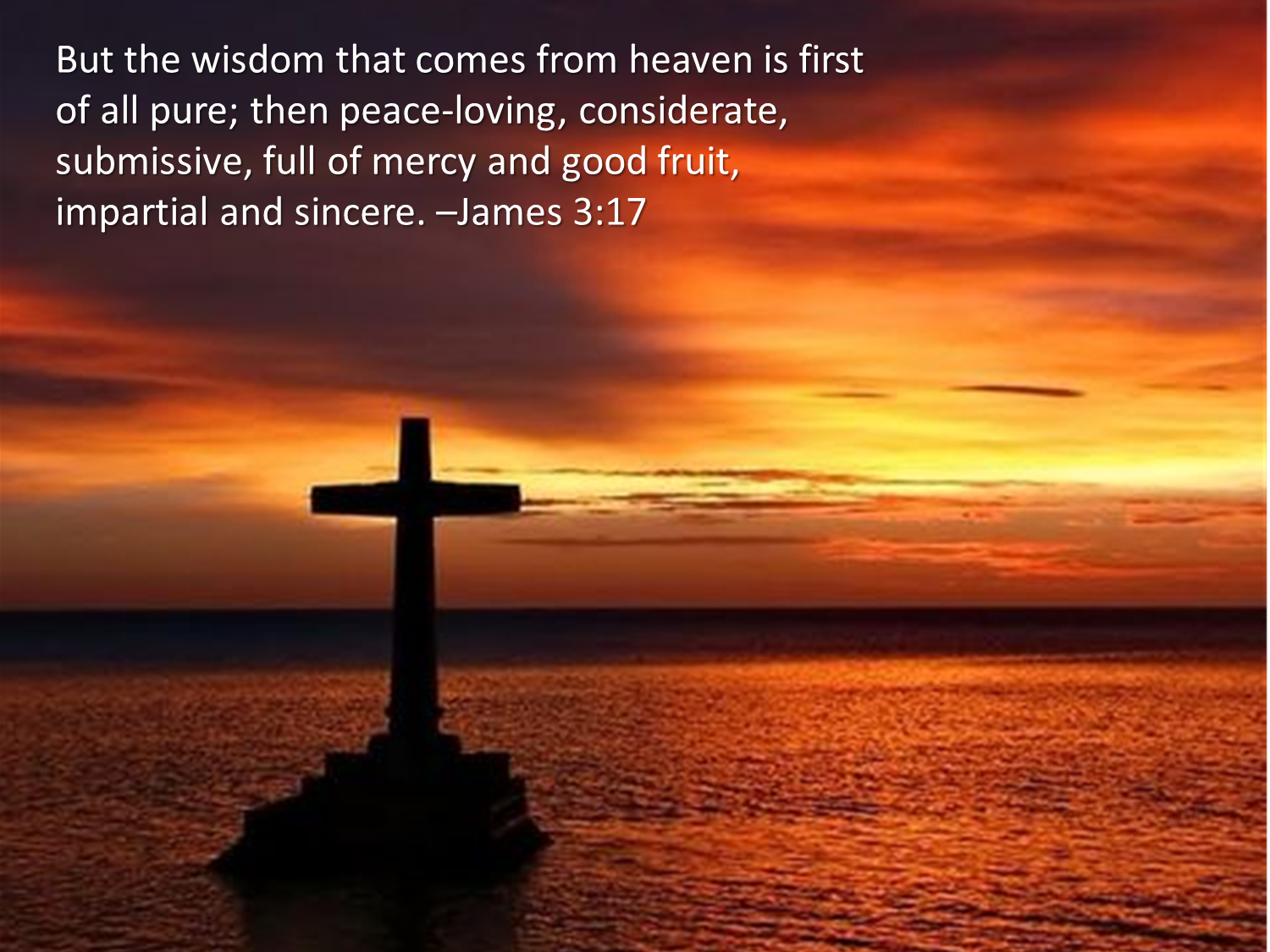You know sometimes finding illustrations to start a sermon; illustrations
that help us connect and get into the passage we are looking at are the hardest
thing to find.
Then sometimes illustrations just fall into your lap. Like
this week… when the media headlines and
public interest was captured by two x-factor New Zealand judges gave a perfect
example of what James was warning the church against in the passage we had read
to us today. ( just in case you haven't seen it here is a link... I'd normally embed it in my blog... but felt I didn't want to dignify it by doing that)
Willie Moon and Natalia Kills ripped into unlikely x factor
contestant Joe Irvine. Not offering constructive criticism of his singing or
performance but making very personal attacks: Attacks that the human rights
commissioner labelled bullying. Attacks
that went beyond the confines of being an x factor judge and mentor to unfairly
judging and being a tormentor. Attacks that have seen the two judges fired from
the show; They were deemed not fit to be judges.. Attacks that, by the way Moon
and Kills have been abused and mocked in the media show how prevalent this way
of ripping down each other is part of the human condition. The kind of attacks that James who had been
talking about quarrels and fights in church said were sadly prevalent amongst
God’s people. The kind of attacks that I
know have left many of you here battered and bruised and hurt. The kind of
attacks that James says goes against the royal law of loving your neighbour.
That goes contrary to the character of the one true law giver and judge, Jesus
Christ.
A few weeks ago when we looked at James teaching about the tongue in chapter three and how it could be used for great good or great harm,
I introduced you to that most dangerous of animals the Glossa. Here James warns
the church about one particularly dangerous and deadly variety of Glossa.
Glossa is Greek for the tongue. The scientific
name of this Glossa is Glossa kataleleo . the Greek word
katalaleleo literally means to’ talk down’ or to talk ill of someone. It’s
translated slander in the NIV bible. It has to do with spreading false
accusations or untruths about a person. You could say that the common name for
the Glossa kataleleo is the Back Biting Glossa. To your face it is all smiles
and friendly but when your back is turned it strikes and often the victim does
not know they have been attacked until they start to experience feelings of
rejection, isolation and a change of temperature in their upper torso, they receive
the cold shoulder.
Maybe we
have to deal with James warning here with humour because what he is saying is very
heavy, very serious. James articulates that by using legal terms: Speaking
against a person, bearing false witness, judging another person, slander. To
Judge someone is a very exacting and challenging occupation for a human being. We
expect high standards from the people we call to be judges in our legal system.
RVG Tasker contrasts that process with what James is talking about here
“In a court the judge is bound to pass
judgment, but only in the light of specific charges and after all the facts
have been discovered as far as humanly possible to discover them.
The back bitter on the
other hand is in effect passing judgment without either the opportunity of
knowing or it may be, without the desire to know the truth. “
James takes it a step further to say if we do judge a person
or speak against them falsely then we are speaking against the law itself and
sitting in judgment of it, we are saying that we know better. In Leviticus 19
there is a list of various laws to do with how we are to treat one another that
line up with what James has been talking about through the body of his letter.
Not showing favouritism, not disrespecting the poor, not using slander or
bearing false witness against a neighbour, not to seek revenge, or bear a
grudge, which are often the kind of motives that are behind speaking people
down and in the end of that list Moses gives the law in a positive way he says
we are to love our neighbour as ourselves. ‘love your neighbour as yourself’ is
the law that Jesus had picked up, along with love the lord your God with all
your heart and all your mind, all your strength and your soul as being central
to his own ethical teaching,. Mother Theresa sums it up succinctly like this’
if you judge people, then we are too busy too love them”
In going against that
law, ‘to love our neighbour as ourselves,’ we find ourselves at risk of taking
on the divine prerogative of judging. James finishes this brief section of his
book by reminding us that God is the only one who can be truly trusted to judge
rightly. He finishes with a proverb and applies it with a rhetorical
question. “There is only one lawgiver
and judge, who is able to save and destroy. But you-who are you to judge your
neighbour?” In the end we need to realise that God is the only one who can
truly and rightly judge another person, who can be trusted in all situations to
decide and act justly.
But in inviting us to look to God as the only one who Judges
and gives the law, James is inviting us to see the character of the one who is
able to judge as well. The one who is the judge is the one who desires our
greatest good. The one who is the judge is the one who, in Jesus Christ, came
and lived amongst us and gave his life for us. The one who will judge was
willing to pay the price for the things we had done wrong. Is willing to
forgive and bring back into relationship. Id the one who in John’s gospel it
says came not to condemn the world but to save the world. As Paul says in 1
Timothy, as an incentive to pray and partition this judge in all situations, he
is the one who desires all to come and know him as Lord and Saviour. If we
focus on this judge and both his righteousness and his mercy James says well
who are we then to judge our neighbour. Mercy triumphs over judgement.
What does this have to say to us today?
Three things… The first is that James warns us against and
challenges us about back biting and judging one another. Let face it we all do
it… you know the meetings and gatherings we have after the meetings and
gatherings we have; The ones that take place in quite voices in hall ways and
carparks where we critique other people’s performances and say what we really
think. The snide comments whispered behind hands, behind backs.
James had laid the ground work for this challenge in a way
that I think helps us to understand why we so easily fall into talking others down.
He had contrasted the wisdom of the world with the wisdom that comes fromabove. The wisdom of this world was about personal success and power and how to
get ahead, as opposed to humility and the common good. He had called for repentance of coming to community to fulfil our own selfish desires and pleasures, and
often at the root of talking others down is the need and the desire to talk
ourselves up. We want to be acknowledged, we want to be right, we want to be
affirmed and often the only way that will happen is by putting others down. One
of the ways it manifests itself in New Zealand culture is what we call tall
poppy syndrome, someone sticks their head up and does something good or great
and right away we feel the need to cut them down to size. I know for many of us
its because we’ve been bruised and battered by the same treatment. In the case
of x factor, Natalia Kills thought that Joe Irvine was copying her husband’s
style… She thought It all revolved around them.
These insecurities and desires within us are what make it hard for us to
be righteous Judges.
Secondly, James words here do not say we should not make
judgment calls. There is a difference between discernment, seeing something is
wrong and needing it addressed and judging someone, writing them off. James is
dealing with issues that need to be addressed in the church in his letter. In
fact he finishes his book with a proverb which says “whoever turns a sinner
from the way of error will save them from death and cover over a multitude of
sins.” But we need to realise that there is a right way of dealing with that.
Back biting, talking down are not the way. In Matthew 18: 15-20 Jesus outlines
a process for dealing with when someone has sinned against you. You don’t talk behind the back you go to them
face to face, you do not talk down you talk to, you go and seek reconciliation.
You don’t talk at but talk with, it a process of talking and listening… and if
they won’t listen then you get someone to go with you, you continue the
process, out of a commitment to one
another. Finally it says if it is unable to be sorted at that level then it is
right to take it to the eldership, it should become a matter for formal church
discipline, mediation, and even judicial consideration. The motivation is not to get revenge or be
proved right but reconciliation and the building up of the body of Christ. Just
as James does with his original readers we need to acknowledge that we are
brothers and sisters first and foremost.
Lastly, I think it is important for us hear the wisdom of
James proverb, that there is “one lawgiver and judge- who can save and
destroy”. It frames how we choose to
relate to one another. Not out of fear that the one who is judge will somehow
disapprove of us and write us off. But because we know that the one who is
judge is fair, is just and shows us great love and mercy and we who have known
that justice and righteousness, mercy and love, in Jesus Christ seek to live it
out in our lives. But also remembering that in the one who is lawgiver and
judge we can find healing from the back biting wounds that scar our soul, that
leave our inner voice speaking us down… in that lawgiver and judge we can find the
wholeness that will enable us not to want to talk ourselves up by talking
others down. This is the healing verdict
the judge has to say of us, you are my beloved, I made you, I love you, I have
provided for you, in Christ I came to give you life, you are forgiven, in me
you are freed from sin and death, you are being made whole, the same power that
was at work in Christ is at work in you.
Amen…
In the end it is a matter of changing a ‘d’ to an ‘h’ in a
little three letter word.
The word to ‘dis’ is slang, it means to disrespect,
disparage, denigrate, put down, talk down and backbite. I wonder if James was
writing to a young urban audience today he might not say…’Dis is not good, you
dis a person, you dis the law and you dis the lawgiver and judge…dis has got to
stop’ But maybe it would be as incongruous coming from James mouth as it does from
an old fella like me. And if you don’t like using slang, well in the classic Dante’s
Inferno, Dis was the name of a city
in hell reserved for non-believers, and when we act like judge and write people
off it’s like we consign them to dis.
But if we remember that there is one lawgiver one judge who
can save and destroy it changes and we live out of seeing things as “His”. We
are his: His beloved, his redeemed people, the world and the other people in it
are his to be treated with that same love we have been shown.






























































